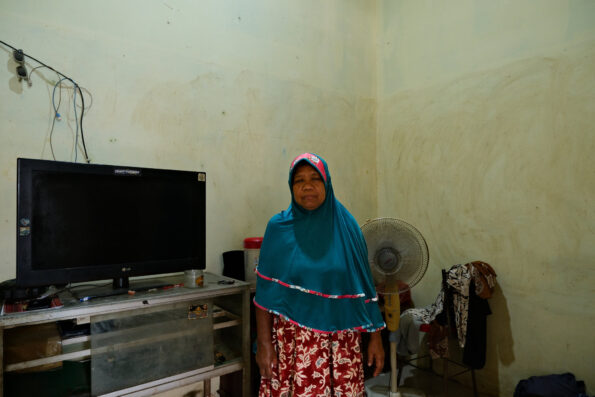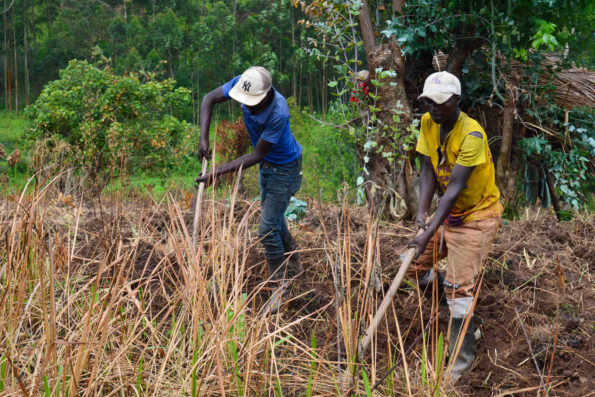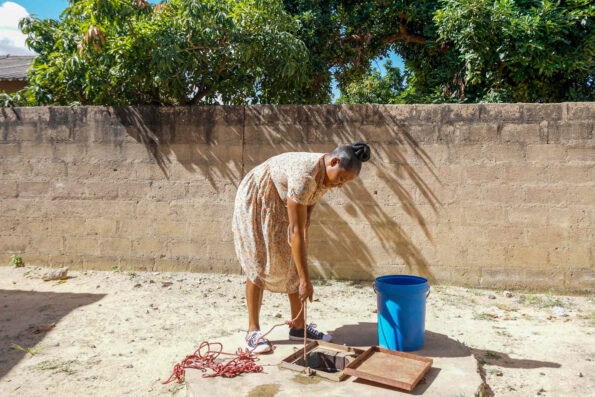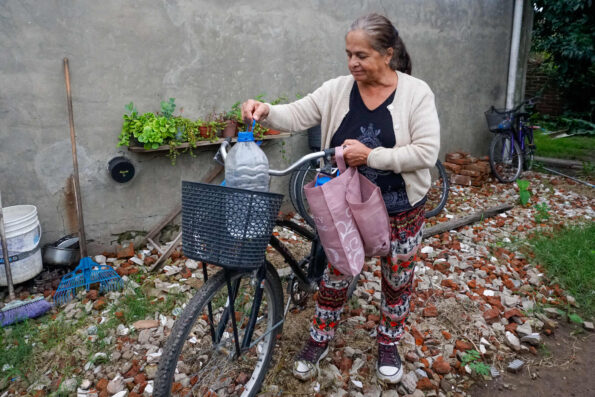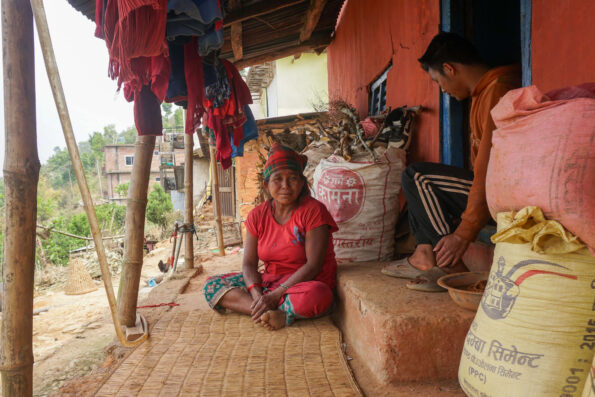
Pascaline Kavuo Mwasi Saambili, GPJ DRC
Farmers here often buy land only to set it on fire to clear the way for planting crops. Known as slash-and-burn agriculture, it has immediate benefits for the farmer, but long-term consequences for the environment.
KOMANDA, DEMOCRATIC REPUBLIC OF CONGO — François Baluku used to farm coffee and cacao in another village. But he moved to the Kalakala village in the northeast corner of Democratic Republic of Congo in 2017, as part of a wave of displacement throughout the area.
When he arrived, he bought six hectares (about 15 acres) of forest land from village leaders.
And then he promptly set it on fire.
Around the world, this practice is known as slash-and-burn agriculture. Burning forest land to plant crops has become common here, as the area sees an influx of people displaced by violence in neighboring provinces. Farmers are often forced to leave their crops back home, so they come here and clear land in hopes of both feeding their families and starting over.
Baluku says he now grows rice on the charred land.
“It takes too long to make money from growing coffee and cocoa,” he says of the process, which can take anywhere from two to five years. The average harvest time for rice is around 120 days.
And Baluku is not alone.



In 2018, more than 140 different armed groups were active in eastern DRC and there have been thousands of documented cases of killings, kidnaps for ransom and other crimes. That increased violence led to the displacement of more than 350,000 people in the Ituri province between December 2017 and March 2018 alone. An estimated 300,000 people have been displaced in the region since June 2019. Many people have ended up here, where local village leaders sell forested plots of land to people who have been displaced.
But there is little awareness among the newcomers about the environmental consequences of deforestation from this kind of farming, says Martin Ovao, head of environmental services in Basili chieftaincy, which is located about 85 kilometers (53 miles) west of Ituri’s capital Bunia. Chiefs and other officials in the chieftaincy are elected by local people to represent their interests, while city and province administrators are appointed by the government.
Deforestation is the permanent destruction of forests, often to make the land available for other uses. Across the world, an estimated 7.3 million hectares (18 million acres) of forest are lost each year, according to the United Nations’ Food and Agriculture Association. Deforestation also increases levels of greenhouse gases and soil erosion and has been linked to other adverse outcomes, like rising temperatures and disrupted water cycles.
Since 2000, DRC has lost more than 6.7% of its tree cover to deforestation.
Farmers, like Baluku, often see immediate benefits of freshly burned land. The ash provides nourishment to crops and the newly-created field is weed-free. But Ovao says those gains are shortsighted compared to the overall environmental damage.
DRC’s 2002 Forest Code requires a permit from the provincial government prior to cutting down trees in any forest area larger than 2 hectares (about 5 acres). Those permits are issued only after an impact assessment is conducted.
But in reality, Ovao says, very few people know they are supposed to do this.
“The provisions aren’t enforced because of people’s ignorance, and lack of supervision on the government’s part,” he says.
But there is some hope that this is starting to change.
Anicet Katembo, another farmer in the region, says he and his peers now adhere to the forest code, after they attended a training by ESCO Kivu, a local fair trade certification organization.
Katembo says the workshop taught farmers how to improve their crop yields and educated them on the consequences of burning forests.
“We’ve been sensitized,” Katembo says. “We can’t burn forests.”
Nzale, a local village leader who asked that his full name not be used, says he used to sell tracts of forest without thinking about permits or provisions. Now, he says he understands that he needs to be more careful.
He says village leaders need “help to understand the procedure for selling forests.”
Jean Toyabo Kato, the elected head of Basili chieftaincy, says he was surprised to learn that village leaders were selling forest land without permits, or even his approval.
“We all end up as victims when adverse climate conditions crop up and our rivers run dry,” he says.
Ndahayo Sylvestre, GPJ, translated the article from Swahili.


